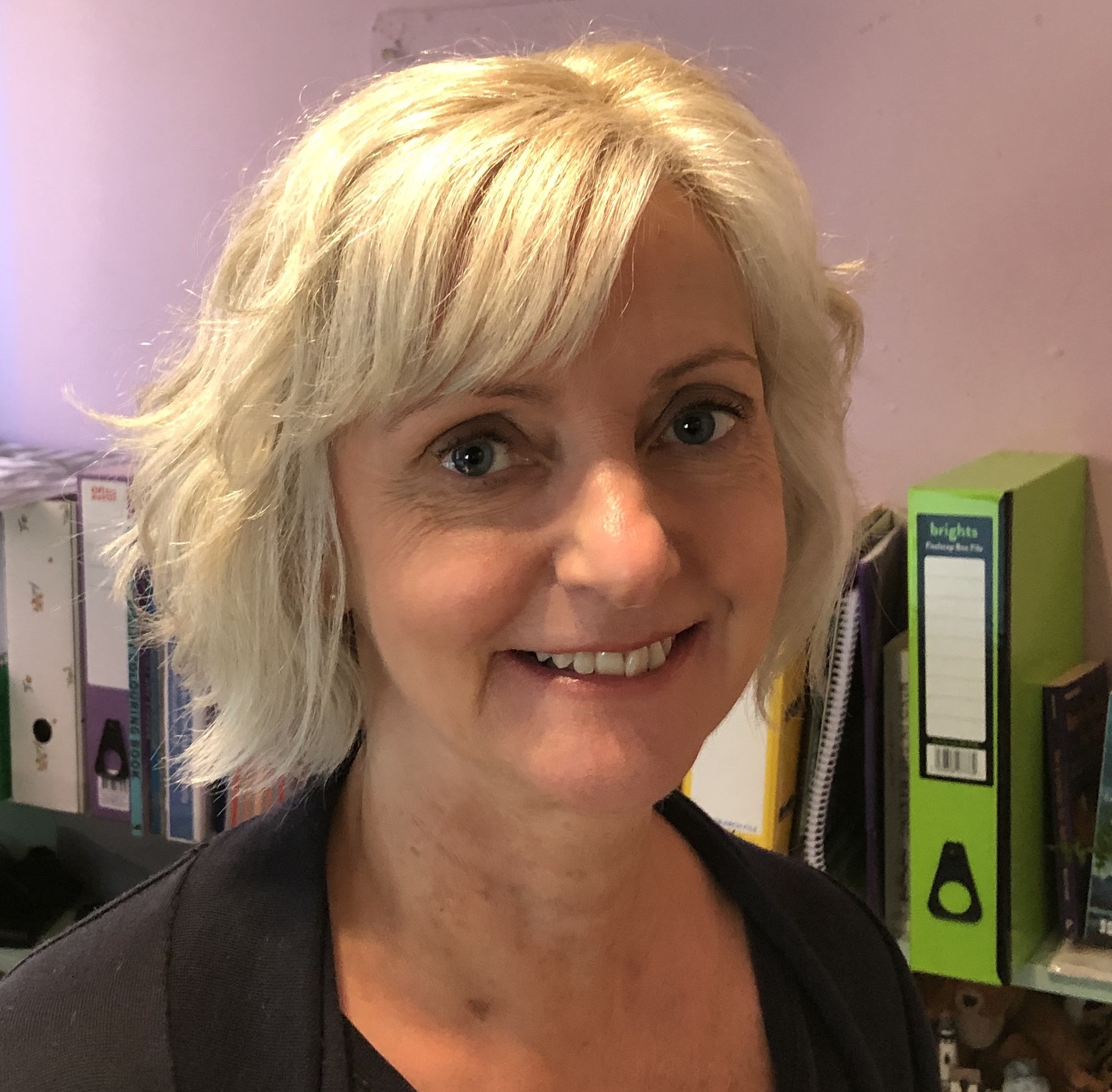
In the latter half of the autumn term I read and reviewed more than a hundred Ofsted reports of PVI settings that had been judged good or outstanding. I was keen to find out how the revised EYFS statutory framework was changing the focus for inspections. It was an interesting process and I found a number of important changes in emphasis. 
Communication and language
One of the main reasons for the changes to the statutory framework was to improve outcomes at age five, particularly in early language and literacy and, as you would expect, reports are recording in more detail how well settings are supporting children’s progress in developing their communication skills.
Reports show that inspectors are looking at how well settings offer children opportunities to share their ideas in natural and relaxed conversations. They describe how staff support children’s developing communication skills, how their vocabulary is extended, and in what ways children express themselves. The role of each staff member is crucial; for example, reports discuss how skilful staff are in using repetition to support children’s understanding of new words and phrases, in asking open-ended questions, and in giving children sufficient time to think and respond.
Monitoring progress through reduced paperwork
Another key reason for the changes to the EYFS framework was to reduce workload such as unnecessary paperwork so staff can spend more time with the children, and this features a lot in the reports.
While providers are now no longer required to track children’s progress numerically, or produce assessment data, it’s clear that observations and progress monitoring are very much part of an educator’s day. Staff and leaders still need to know how children are making progress, and which children may need extra help or increased challenge.
The reports place the emphasis on what staff do with the knowledge they have about each child, and how they use it to plan appropriate learning opportunities. Targeted planning is a feature of reports, with staff being required to have a clear idea of what children need to learn next.
Curriculum
The revised framework and non-statutory guidance documents such as Development Matters, place more emphasis on providers designing their own curriculum rather than picking the next statement in a pre-determined list for each child to achieve. The inspection reports reflect this significant shift and highlight when settings are more creative and ambitious in designing a sequenced curriculum. Here are some examples from the reports I read:
‘Staff plan a well-designed curriculum that continually builds on children's existing skills and widens their experience.’
‘Leaders and staff work collaboratively to embed the “key experiences” outlined in their curriculum.’
‘The manager has created an ambitious curriculum to support all areas of children's learning. The education programmes are clearly sequenced to help children to build on what they already know and can do.’
‘Leaders and staff understand what they want children to learn. Leaders regularly challenge staff to explain what they are doing and why, which helps them keep a strong focus on the curriculum’.
Increasing staff knowledge of child development
The reports show a greater focus on how leaders support staff in developing their knowledge of how children learn and develop. They highlight how leaders facilitate CPD opportunities for staff that impact children’s outcomes and how, through regular supervision, they identify where staff need extra support in their professional development.
Partnerships with parents
There is greater emphasis in reports on supporting children’s learning at home. This includes how staff form good relationships with parents and carers, discuss their child’s progress and share observations of their child’s learning. Staff actively encourage parent and carer involvement in their child’s learning and seek to work collaboratively with families to support each child’s unique learning needs.
I think it is to be welcomed that inspectors are reporting on how the revised framework has impacted practice. It is not always the case that the DfE and Ofsted are aligned and for settings preparing for, or going through inspection, this is reassuring.
Dr Helen Edwards (pictured) is co-founder of Tapestry, an online learning journal for early years and schools which encourages reflective practice. For more information visit www.tapestry.info









